Beyond the Safari: A Taste of Tanzania’s Agricultural Heart

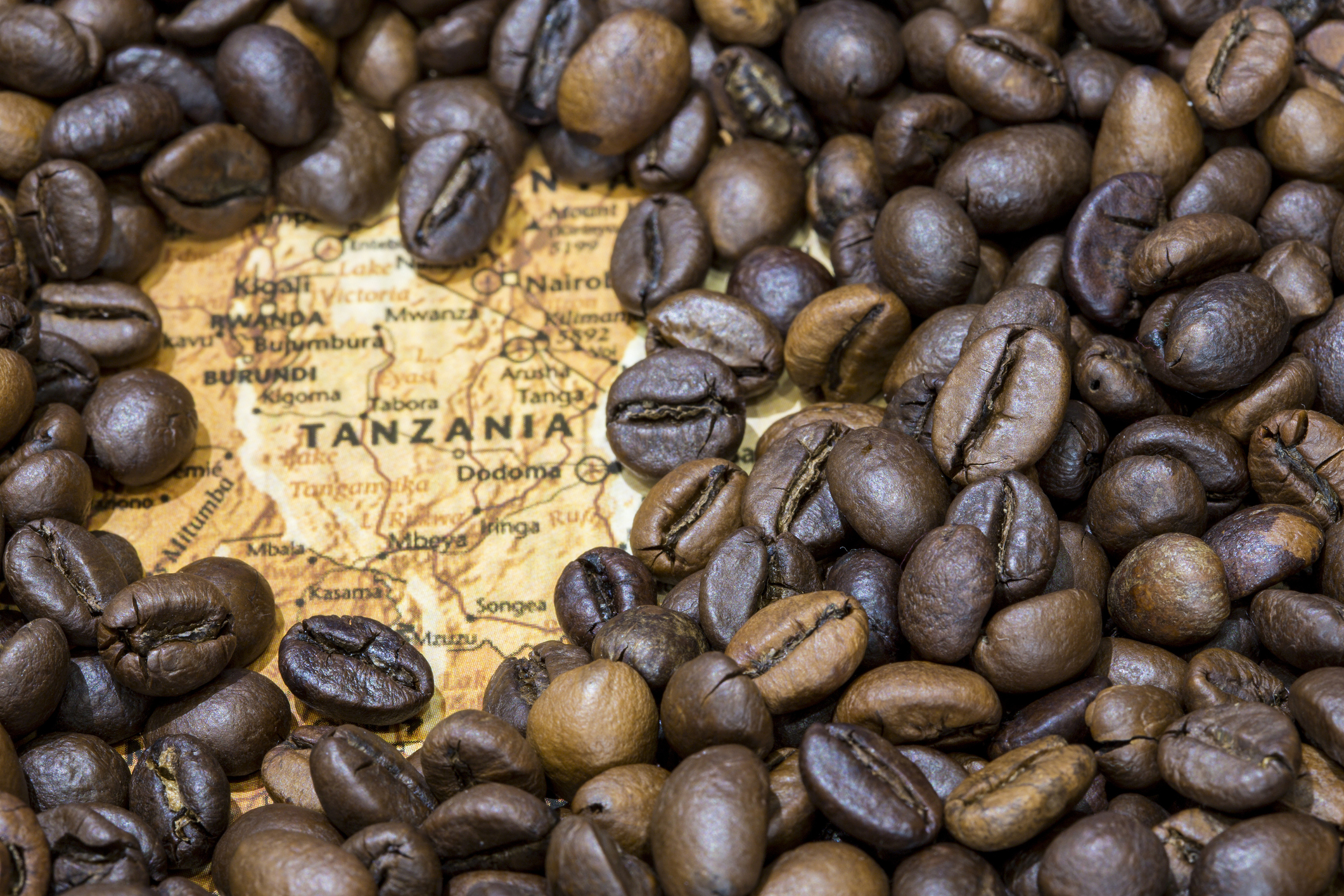

While the northern circuit draws safari enthusiasts, the cool, fertile slopes of Tanzania’s Highlands—particularly around regions like Kilimanjaro, Arusha, and Mbeya—are the heartland of its coffee production. This is where the magic happens, where the unique microclimates produce some of the world’s best Arabica beans. Exploring this region offers a different kind of adventure, one that connects you directly with the land and the people who cultivate this beloved beverage.
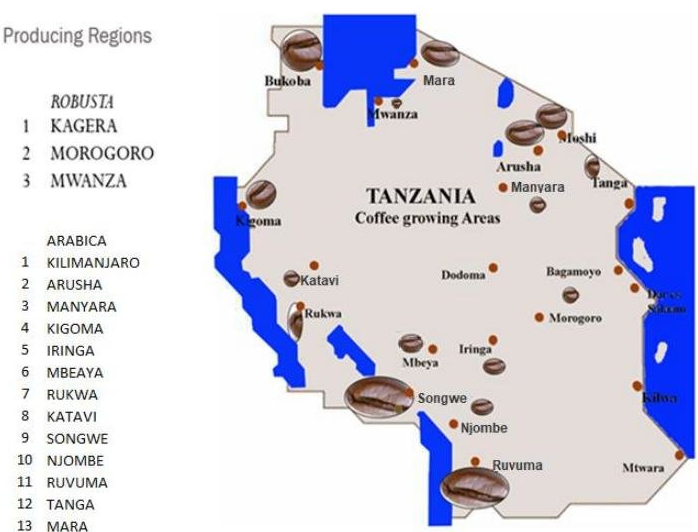
From Bean to Brew: The Journey on a Coffee Farm
A visit to a working coffee farm in Tanzania Highlands is an immersive experience, taking you through the entire process from seed to cup. You will start appreciating the labor and care that goes into each bean.
Picture this: you’re walking through a small, family-run coffee farm near Arusha. You take in the sweet aroma of the cherries, taste a proudly brewed cup of coffee—smooth, bursting with flavor and carrying a hint of the soil it came from. A moment of pure, unadulterated coffee bliss.
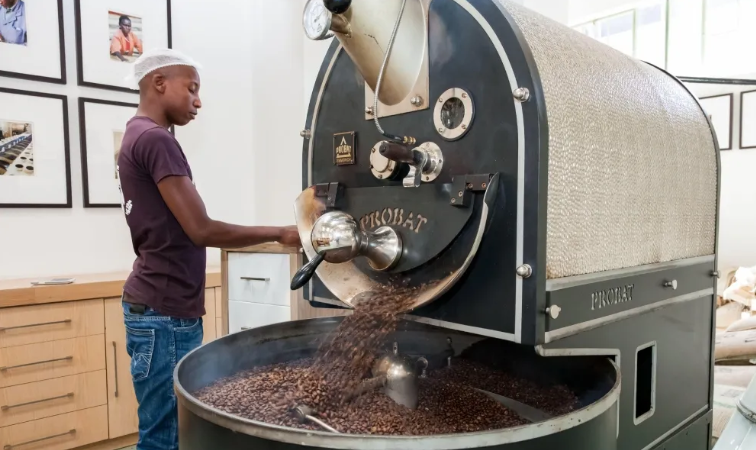
The Flavor Profile: What Makes Tanzanian Coffee Unique
Tanzanian coffee is highly regarded for its quality and distinctive flavor profile. Grown at high altitudes in rich, volcanic soil, it often boasts:
- Bright acidity. A lively, sometimes citrusy note that awakens the palate.
- Medium body. A smooth and well-rounded mouthfeel.
- Complex flavors. Notes of fruit (berries, stone fruit), floral hints, and sometimes a touch of chocolate or wine-like acidity.
A Must-Try if You’ve Not Had Tanzanian Coffee Before
Rich coffee brands produced in Tanzania are highly regarded internationally for their wide array of tasting notes and nuanced palate. If you dream of a mouthful adventure early in the morning, these brands made from premium beans are a must-try.
-
Kilimanjaro Coffee. Grown on Mt. Kilimanjaro’s slopes in rich volcanic soil, this coffee is often characterized by bright, citrusy acidity, medium body, and complex fruity and floral notes.
-
Arusha Coffee. Similar to Kilimanjaro Coffee due to proximity and comparable growing conditions. Arusha Coffee offers vibrant acidity and a clean, balanced flavor.
-
Southern Highlands Coffee. Beans from the Mbeya and Ruvuma regions provide a fuller body than those from the north, with chocolate-like or wine-like notes in addition to fruitiness. While less famous than the Kilimanjaro brand, coffee from these regions is highly respected by experts.
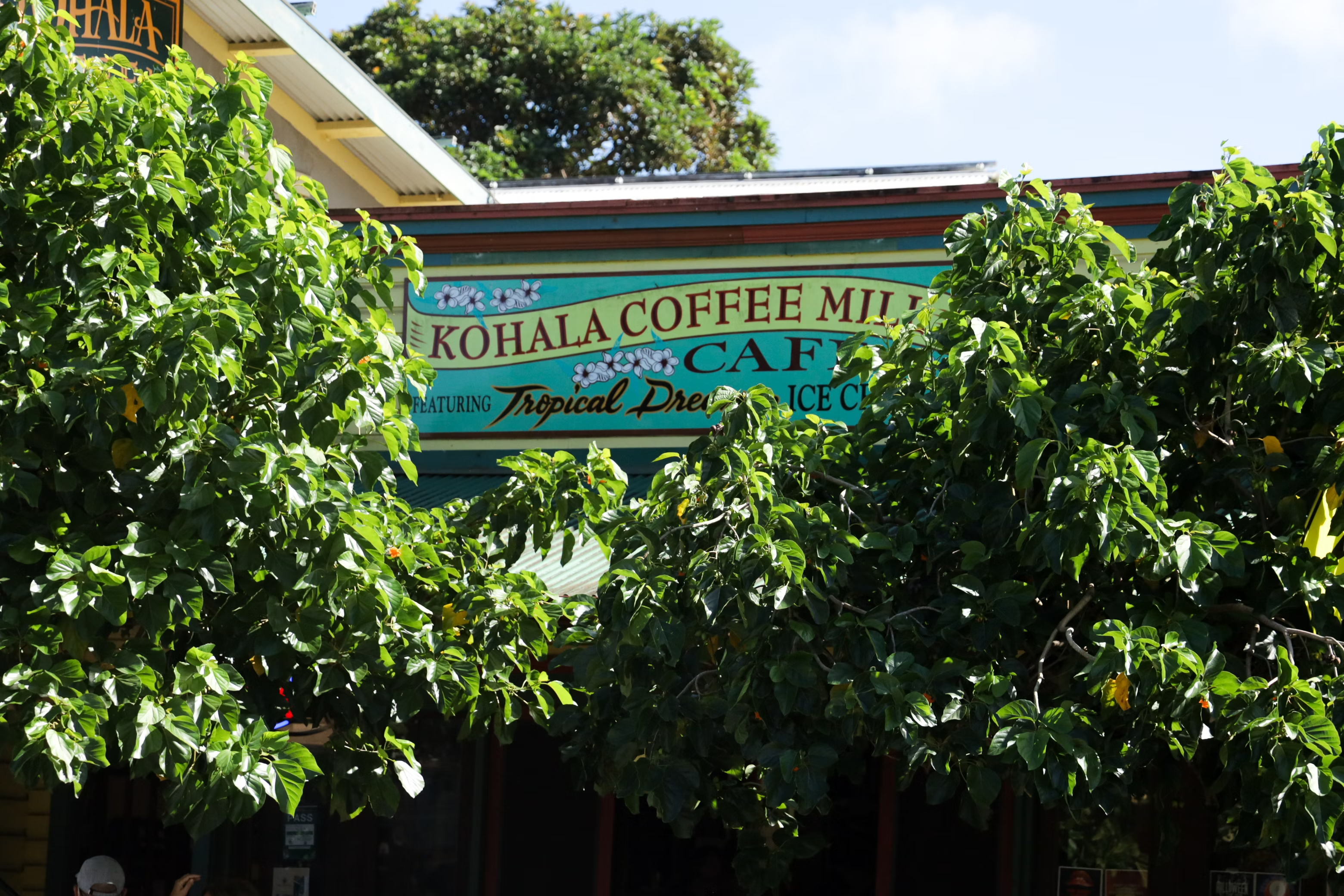
When Buying, This Is What Will Guide You to Get the Best Quality
-
Seek out single-origin coffees from the specific regions mentioned above.
-
Check roasting dates. Freshly roasted coffee has a richer aroma and more vibrant flavor.
-
Consider visiting a farm. The most flavorful coffee is often found directly at its source.
-
Best time to visit: June to October (dry season)
-
Visa: Easily obtained on arrival or online
-
Conversion rate (June 2025):
- 1 USD = 2,688 TZS (subject to change)
Visiting Coffee Farms and Taking a Coffee Tour in Tanzania
Several farms around Kilimanjaro and Arusha offer tours, often combined with a village visit and a traditional meal. Always book tours with verified and reputable operators for safety and the best experience.
Existing verified coffee tours:
- Elewana Collection
- Materuni Tours & Safari LTD
- Coffee Plantation and Waterfalls, Moshi, Tanzania
- Arusha Tours
- Kilimanjaro Waterfalls and Coffee Tours
- Kilimanjaro Coffee Lodge
What to Expect on Tour?
Most tours include a walk through the plantation, a demonstration of the processing steps, a coffee tasting session, and some even include a traditional meal.
Coffee tour and buffet lunch with Kingstone Asilia, Arusha.
Luckily, travelers reviewed the coffee tours they participated in. The tour was hosted by a local family that shared their coffee farming knowledge and expertise. Reviewers were impressed by the quality and taste of the different coffee varieties they sampled, as well as a delicious vegetarian lunch they described as the best they had had so far.
Beyond the Farm: Experiencing Coffee Culture
Tanzanian culture expands far beyond the farms, pouring into cafes where locals and tourists share coffee as a social activity. It’s a time to connect and unwind. For more café recommendations, see Tripadvisor.
Tags for this post
React to this article
Enjoyed this article?
Share it with your friends!
You might also like

Tanzania on Two Wheels: Biking Adventures Through Scenic Landscapes
Discover Tanzania in the most immersive way possible: on two wheels. From the foothills of Mount Kilimanjaro to the lush Usambara Mountains and the sunlit shores of Zanzibar, cycling in Tanzania lets you connect deeply with nature, culture and breathtaking landscapes. Whether you re seeking adventure, wildlife encounters or sustainable travel experiences, Tanzania’s biking routes offer unforgettable moments at every turn.?
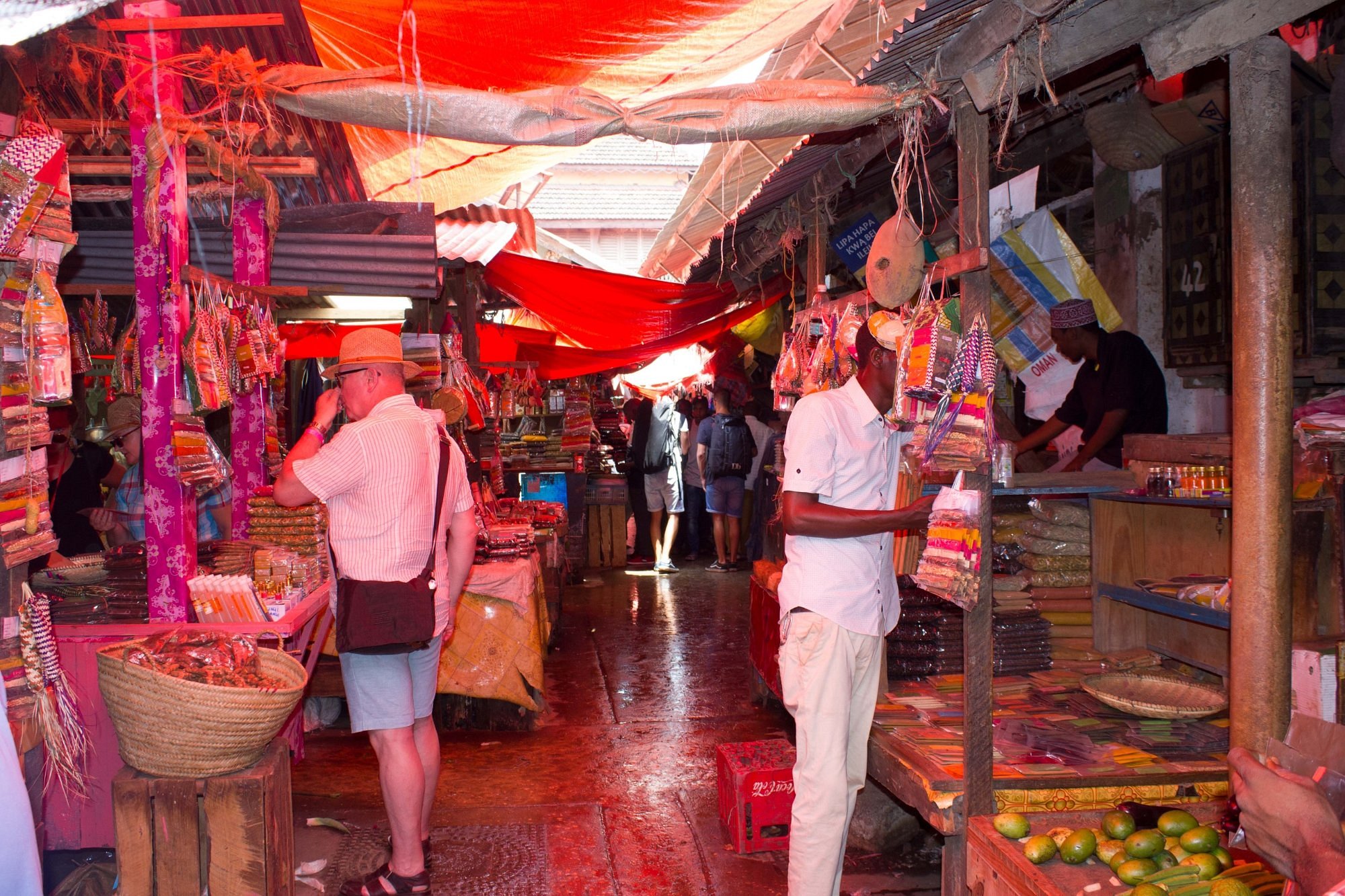
Where to Buy Authentic Souvenirs in Zanzibar: Best Shops, Markets & Artisan Spots
From spice markets and hand-carved woodwork to Tinga Tinga paintings and Maasai jewelry, discover the top places in Zanzibar to find souvenirs that truly capture the island's soul.

Ticket to Paradise: Your Tanzania Travel Dream Checklist (Essential Pre-Trip Planning for Your African Adventure)
From the golden savannas of the Serengeti to Zanzibar’s beaches, where the air smells like cinnamon and salt, this is a pre-trip checklist you’ll need. Visas? Check. Vaccines? Sorted

How to Fly to Zanzibar Like a Travel Hacker (And Save Big from Europe!)
Learn the smartest ways to fly to Zanzibar from Paris, Amsterdam, Frankfurt or Marseille—under 16 hours and at the best price—using travel hacking tricks and clever connections.
